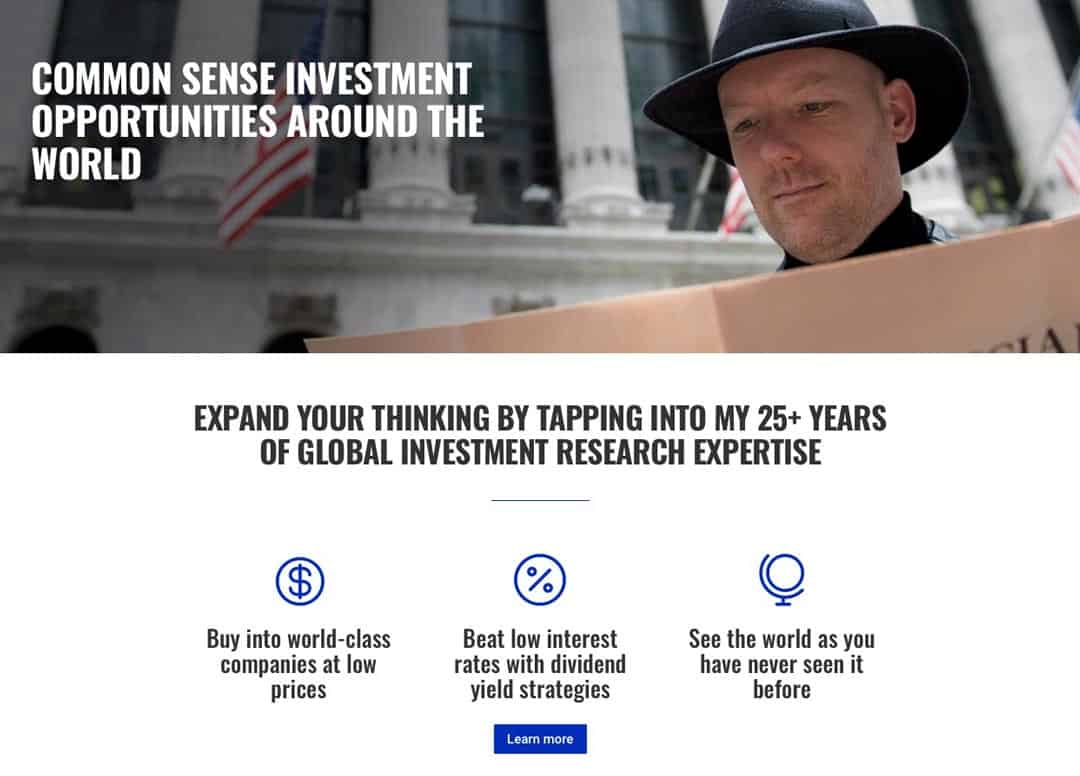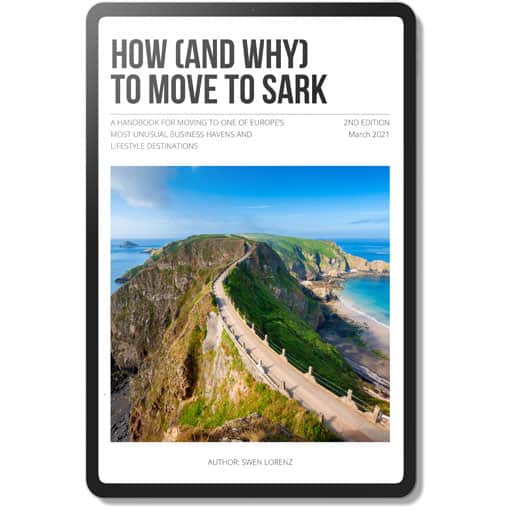Everyone knows (and agrees) that we are what we EAT. What goes into our mouths creates our bodies. That’s why you’d want to avoid fast, cheap and fake food.
Fewer will have considered that we also are what we READ. After all, our thoughts create our reality, and reading is the information that fuels our mind.
Here are some quick thoughts on how to use the coronavirus lockdown for a positive change in your reading habits. Implementing this simple system can bring significant, lasting improvements to your life. What’s more, it will cost you hardly anything. It may even save you some money!
Why would we even consider “the news” good for us?
We all know it, but it’s worth spelling out once again how the media generally work.
During the coronavirus crisis, more than ever, the mainstream media have turned into the “McDonald’s” of the information business.
The house that isn’t on fire isn’t news. The business of “news” is to sensationalise, as much as possible, whatever is deemed newsworthy that day. The more outrageous a story sounds, the more clicks and views it generates. This, in turn, helps maximise short-term profits and make the bottom line look good.
During the coronavirus crisis, more than ever, the mainstream media have turned into the “McDonald’s” of the information business. The fast-food chain makes money off people who just can’t resist sugar, fat and salt. The legacy media do the same, through what I call “fear porn”.
If you follow the current, never-ending news cycle of coronavirus fear porn, what do you think will it do to your mind?
That’s why a week ago, I decided to largely switch off and teach myself a new habit.
Three simple steps to change your life
I do want to understand the world, and I hate not feeling informed. However, the coronavirus reporting made me realise that it’s truly and finally time to do with the corporate media what I have already done with alcohol.
It does exist in my house, but I keep only tiny amounts of it. Instead, my fridge and shelves contain primarily juices, water, and a selection from the ever-growing variety of alcohol-free beers.
The tricky part was making the change!
To wean myself off the mainstream media and their daily avalanche of fear porn, I have taken a three-step approach.
1. Solutions-based journalism
Just like there are different food groups, there are different forms of news. You don’t want to stop eating altogether, nor do you want to stop being informed about what is going on.
I’ve already established that corporate media news is akin to fast food.
Merely focussing on “happy news” isn’t a solution either. There are serious implications from what is happening in the world, and you don’t want to isolate yourself from it.
What you need to look out for is solutions-based journalism:
- Rigorous reporting, but with a focus on reporting critically about tangible progress.
- Not designed as a service for a particular ideology, base, or bubble (nowadays, that disqualifies even the Financial Times).
- Helping you to understand the bigger picture.
There is a reason why so many corporate media outfits are struggling, and a thriving sector of new sources of information is now in place:
- Podcasts and long-form articles.
- Independent creators.
- Platforms that refuse to carry any advertising.
E.g., try out “Futureloop“, the news website created by Peter Diamandis which currently operates in beta mode. Futureloop’s approach is to report “data-driven optimism”, and their free email subscription provides you with suitable articles about the coronavirus crisis.
There is a whole world of alternative media out there. Take the plunge and go discovering, it’s fun!
2. Push your new reading strategy to become a habit (it will take 2-3 weeks)
There is plenty of scientific research that media consumption heavily depends on so-called “habitualisation” (that’s actually a word).
People coming home from work and switching on the TV before they even hang up their coat? Yep, that’s habitualised media consumption. Reading a newspaper during breakfast? Same thing. The concept of the “eight o’clock news”? Another kind of habit.
The good news for you is that it takes not even a month to change your media consumption habits.
When the coronavirus crisis started, several popular daily talk shows produced in New York City were forced to stop their production temporarily. These talk show hosts are terrified. They, more than anyone else, realise that during their absence, their followers could easily develop new media consumption habits. Experience shows that media consumption habits form within just a few weeks. Many of their fans won’t return.
The good news for you is that it takes not even a month to change your media consumption habits.
It is SO much easier than changing your diet.
3. Measure
Eating only sugar or mostly fat is bad.
Your body can cope with some sugar, though, and it also needs some fat. It’s the quantity that can turn a good thing into poison.
I don’t eat before midday (at the earliest), and I recently stopped checking the news before noon. My mornings are protected from outside distractions because I use them for focussed work (it also helps that I have long deleted my social media accounts; excluding LinkedIn as sole survivor).
With a few simple rules and hacks like that, I have probably reduced my incessant news following by about 80%. (As someone who works on a laptop all day and every day, I am the ideal target for fear porn. I would have feasted on the unfolding drama as a way of taking a quick break.)
If something terrible happens that might affect me personally, I am pretty sure the news will reach me somehow. I don’t need to seek it out.
My goal is to eventually dedicate one day a week to check on the week’s news. By the time a week is over, much of the “news” of that week will have become irrelevant. What is genuinely relevant will still be on the web to read up on.
During my lockdown, I do treat myself to a glass (or two) of wine on Saturday evenings. It won’t do me any harm, because it’s limited to one evening.
Your body can deal with 10% fast food and the occasional pig day makes life more fun, but 80% fast food would damage you. The same is true for news.
Use this period to focus on yourself
You might have come across the story of Isaac Newton and the plague of the mid-1600s.
If not, here is the abridged version.
When the Bubonic Plague broke out, Cambridge University decided to close its doors for TWO YEARS, which would have put young Newton’s academic career on hold.
Instead of twiddling his thumbs, Newton threw himself into independent study. Working from a small farmhouse, he spent two years learning about calculus, optics, and gravitational theory.
Imagine he had had the Internet at the time and would have wasted precious hours looking at the latest batch of victim photos from the plague. No one will give you back that time.
I am determined to make the coronavirus crisis bring out the best in me, and emerge with positive advances (assuming I stay healthy – which I attempt to by self-isolating at home on a tiny island). Reducing the time and space I give to the corporate media is another goal that I have added to my list for this period.
I was inspired to do so by “You Are What You Read – Why changing your media diet can change the world“, a book by Jodie Jackson. I finally had time to read it, because I wasn’t glued to the news. The good stuff has already started to happen for me!
If you enjoyed this article, you might also find interesting:

Looking for clever ways to invest your hard-earned cash?
Head over to my investment website Undervalued-Shares.com for common sense investment opportunities from around the world. Ideas that you won’t find anywhere else!
Want to print this article? Open a printer friendly version.
Did you find this article useful and enjoyable? If you want to read my next articles right when they come out, please sign up to my email list.
Share this post:


